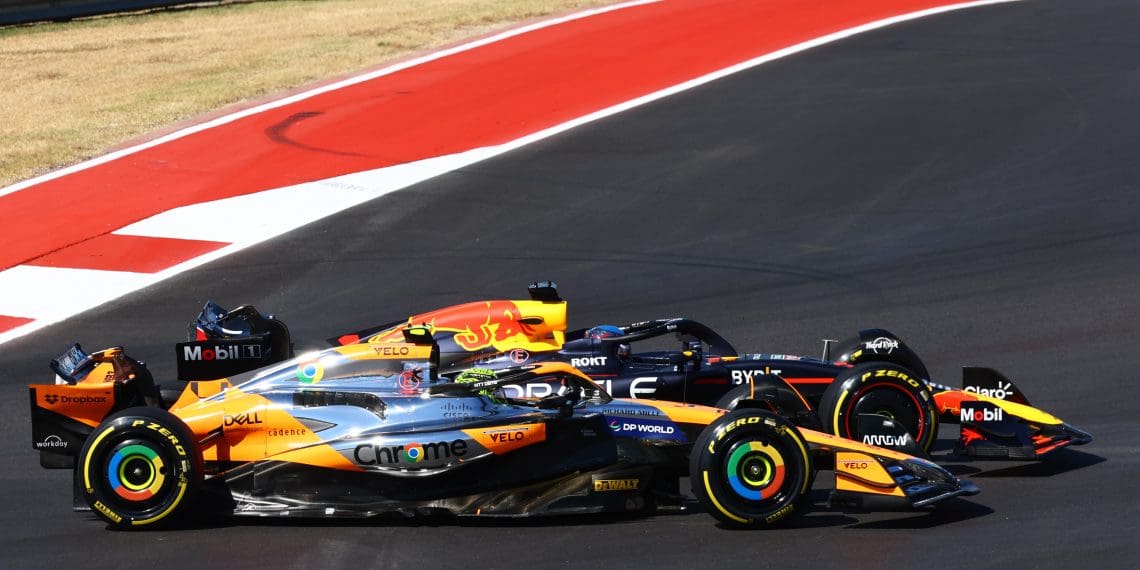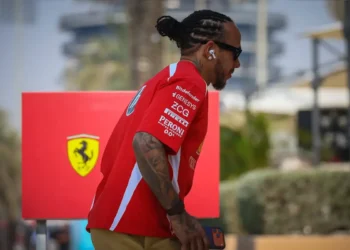As the Formula 1 season rumbles on, so too does the seemingly endless debate over inconsistent stewarding and unclear regulations. This past weekend, in a scene more reminiscent of a Pirelli sponsor suite than a sporting event, all eyes were once again on F1’s regulatory framework—particularly its interpretation, or perhaps, misinterpretation.
Red Bull’s floor bib came under the microscope, with McLaren’s Zak Brown raising questions over its potential adjustability under Parc Fermé conditions. While concerns about technical regulations like this should be the focal point, the silence on whether the part lowers with air pressure decreases was deafening.
But this wasn’t the only issue that plagued the sport’s governing body. F1 fans and teams alike are once again crying foul over the application of penalties, frustrated with what they see as erratic decision-making. Johnny Herbert chimed in with a scathing critique, suggesting that the $300-a-day payment for stewards is insufficient to attract top-tier professionals. Herbert’s point wasn’t just about money—it was about the implications of underpaying the people responsible for crucial decisions that affect the outcome of races. Can F1 expect top-quality officiating with such low remuneration?
What F1 teams and drivers want is simple: consistency. They are less concerned with how rules are interpreted and more focused on ensuring that those interpretations are applied uniformly across the board. Herbert suggested that the ever-changing rotation of stewards makes this goal impossible. He’s right.
Back in the days of Charlie Whiting, the sport didn’t face this issue. Whiting, with his experience and authority, simply made decisions as Race Director, and the stewards followed suit. “One man, one decision, boom, job done.” However, after Whiting’s sudden passing, the sport has struggled to find a figure with his gravitas. Michael Masi’s infamous decision-making during the 2021 Abu Dhabi Grand Prix showed just how big that void was.
Now, penalty decisions are left in the hands of part-time stewards with varying levels of experience, often leaving teams and drivers frustrated. The FIA has implemented training programs in an attempt to remedy the situation, but as Herbert points out, true consistency requires more than education—it requires experience, and that takes time.
The solution? F1 must move away from its current structure. While a return to one-man decision-making might seem tempting, it’s no longer viable in a sport where accusations of bias would quickly surface. Instead, the answer might lie in a permanent set of professional stewards who attend every race, building a consistent approach to rulings. As Herbert notes, they may not always be right, but they will never be unpredictably wrong—a situation that all teams, drivers, and fans could finally accept.










